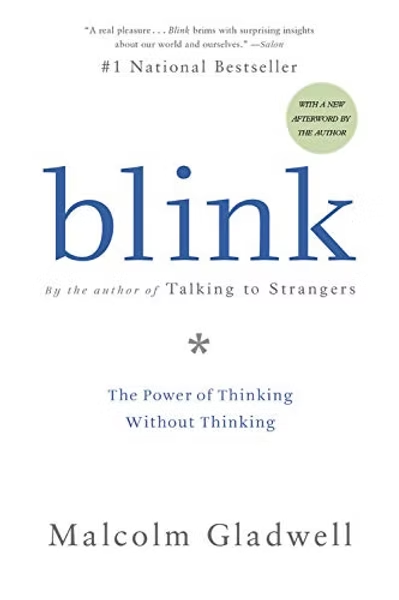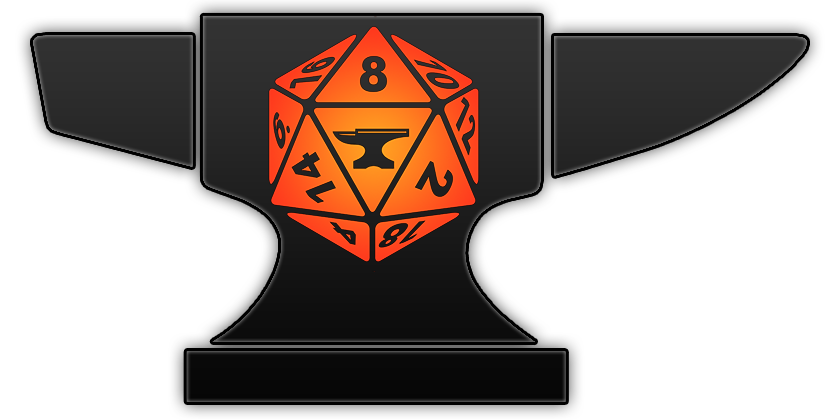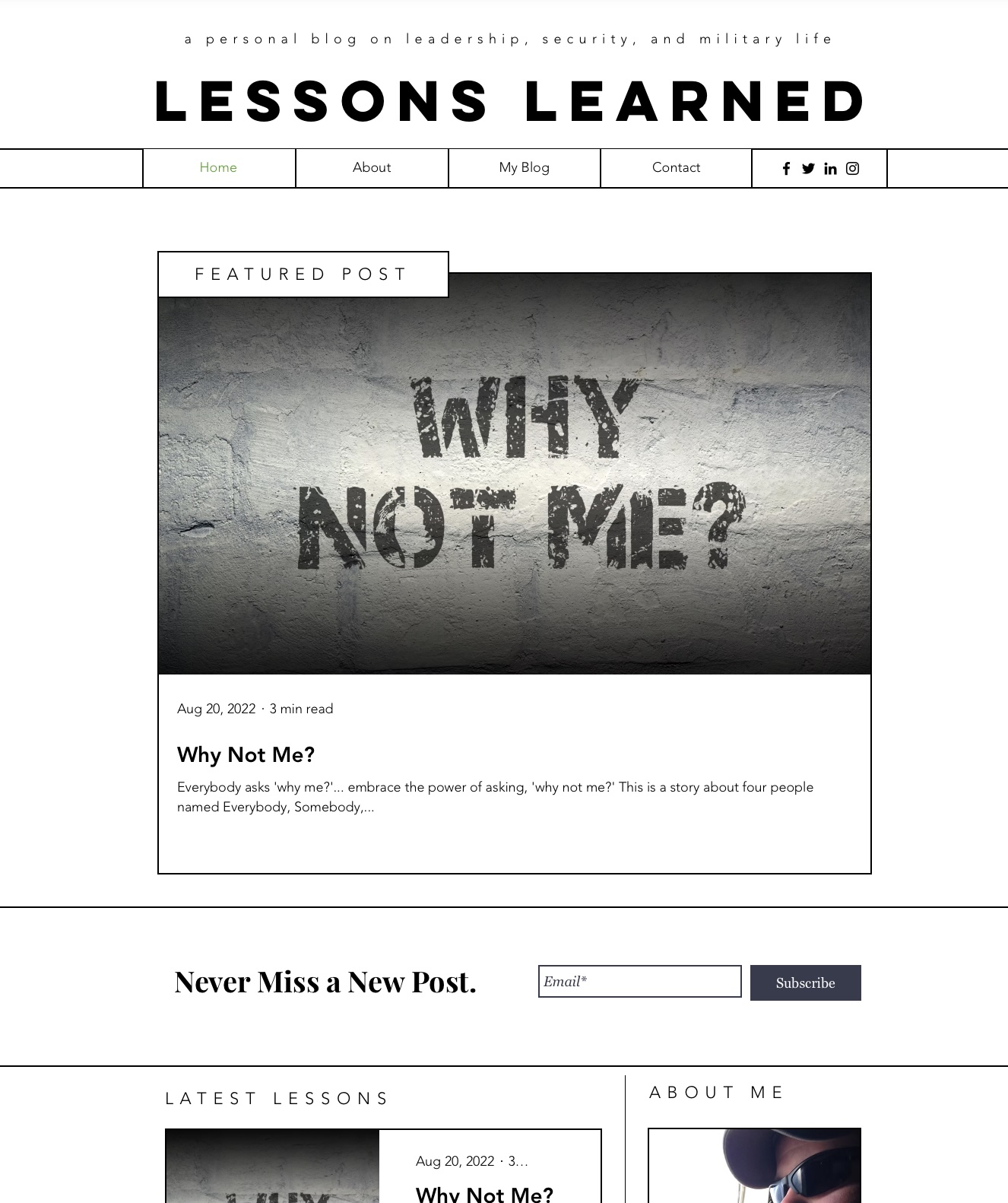Here is a list of the top five books that have made me a better leader.
While I have read a lot of books that I can claim have reshaped my problem-solving and leadership approaches, these are the top five that I like to recommend to my teammates. Some of these I have been reading since high school and others I have just recently finished. Please reach out and let me know which ones you have read, which ones you disagree with (and why), and which ones you think are missing from my list!
#5: Blink. I only recently read Malcolm Gladwell’s Blink, and like so many other books on management and leadership, it reaffirmed many of my own deeply-held assumptions. Bottom line is that your intuition may more correct than you think. While “paralysis by analysis” is a common joke, many of us tend to overplay the value in excessive data in decision-making. The decision we would have made in the very beginning was most likely the right one and the best we can hope for with the data is either confirmation or indisputable refutation of our original decision.
Obviously, this isn’t a one-size-fits all decision-making matrix, but it’s remarkable how often it fits. I have long taken the “better an 80% solution now than a 100% solution too late” approach; Gladwell’s data and analysis reaffirms that intuitive decision-making can be more powerful tool than many of us will admit.
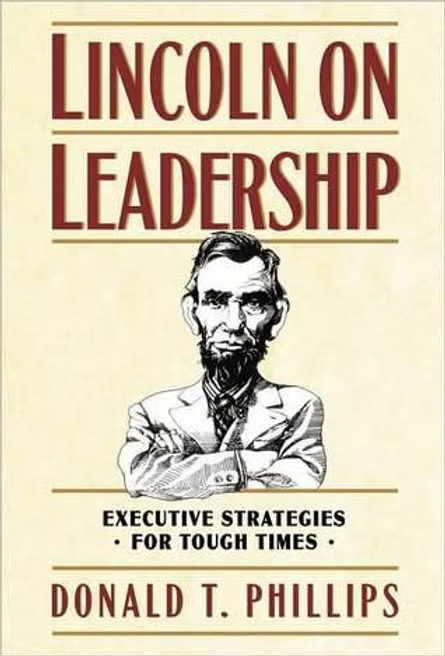
#4: Lincoln on Leadership. The study of history is not merely about remembering particular names, dates, or locations. These are great starting points for providing context, but the real value are the lessons we can learn from folks that created something great or triumphed against all odds. Donald T. Phillips’ Lincoln on Leadership: Executive Strategies for Tough Times is a fantastic example of taking lessons directly from history and learning how to apply them to your modern-day problems. Who better to look to for such wisdom than one of the greatest U.S. Presidents bravely who held our country together during its most divisive time.
Filled with interesting observations, two of the most important for me have been 1) the irreplaceable value in choosing the right team – even if that means removing people from positions, and 2) Management By Walking Around or MBWA. On the latter, many will extol the virtues of an MBA, but MBWA will help you understand the little problems that a staff meeting or luncheon will not. Go where your people are and minimize time at your desk. Schedule it if you must. Phillips’ book is full of so much more than that, but the historical approach and readability make it a must-read.
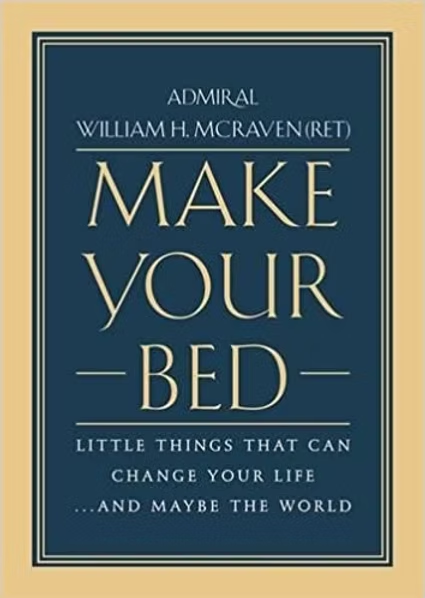
#3: Make Your Bed. The book that started off as a now-iconic University of Texas commencement speech (below), Admiral William H. McRaven’s(Ret) Make Your Bed expands considerably on the same lessons. He wrestles with a wide range of issues based primarily around his experiences as a 37-year retired four-star Admiral and Navy SEAL, leading numerous special operations organizations, including the Joint Special Operations Command and U.S. Special Operations Command.
McRaven opens with the titular idea that if you start off the day with making you bed, you’ll have accomplished a simple task well and be better prepared to tackle greater challenges throughout the rest of your day. The rest of the book delivers lesson after lesson on failure, resilience, and the idea that you can do anything if you can demonstrate grit, tenacity, and a positive attitude. This is a quick read, but if you don’t finish it prepared to fail successfully and learn the value in that failure, you read the wrong book.
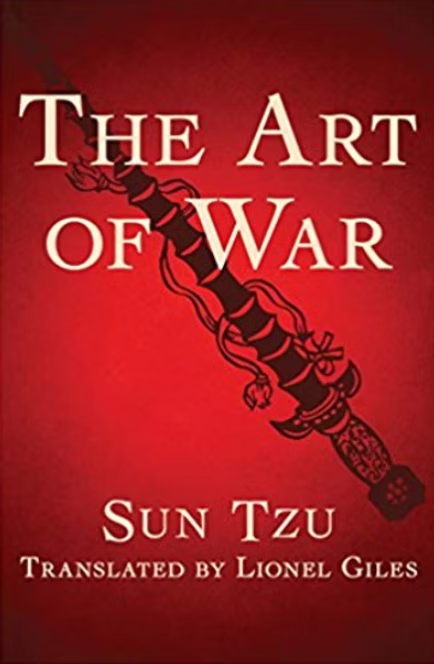
#2: The Art of War. While most books on this list are written directly for organizational leaders and those with a personal desire to improve, Sun Tzu’s The Art of War was simply written as a manual on warfighting tactics and strategy. If you wonder why a 2,500-year-old Chinese book on war is on this list, it’s vital to understand that war is merely human conflict. Human conflict is the cornerstone to negotiations, business, legal affairs, politics, etc… conflict is an essential component of human life.
Out of all books on this list, this one will be the most challenging. Not for its length or complexity, but in how you will have to wrestle with the concepts to apply them. It begs to be re-read and meditated upon, passage by passage. Some of the most important lessons I apply every day are the value in punctuality, the importance of maintaining (ethical or legal) high ground, and the value that anybody can bring to your team if their talents are recognized and focused properly. The Lionel Giles translation, in particular, reads like a series of parables and includes numerous historical footnotes and commentary from other Chinese scholars throughout history; often their wisdom and observations are as useful as Sun Tzu’s.
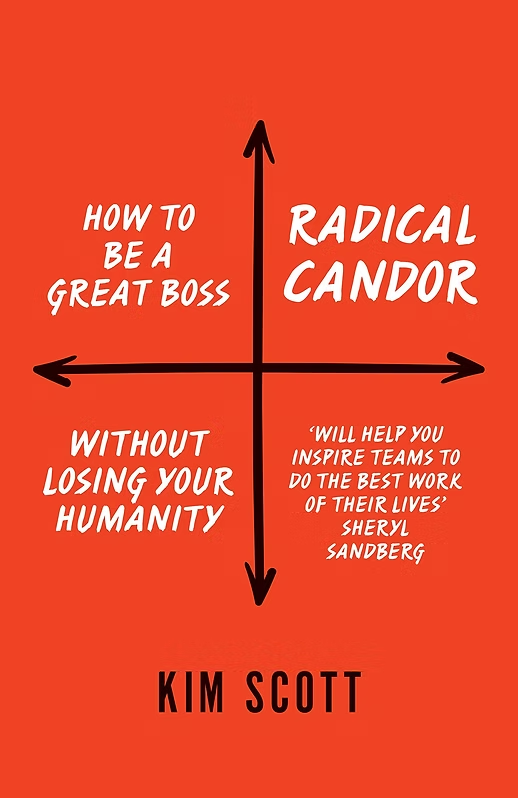
#1: Radical Candor. Radical Candor: How to be a Great Boss Without Losing Your Humanity by Kim Scott is my #1 must-read. Like #5 on this list, Blink, Scott confirms many of the ideas I already intuitively understood, but sharpens them and provides numerous tools on how to effectively employ them.
Scott’s thesis is simple: if you and your team are going to succeed professionally, you need to care personally for each of your teammates. This doesn’t mean that you must eliminate every single one of your boundaries and overshare, but it does mean that you need to be more invested in your teammates than in their work. Doing so helps enable you to provide more valuable feedback (both positive and negative), offer more productive developmental opportunities, and extend more effective emotional support when they hit a rough patch. As she expands on her thesis, Scott weaves in other outstanding perspectives and approaches that have dramatically altered my approach to building and leading teams. I have been incredibly happy to see how much embracing these tools have led to more productivity, trust, and a common sense of purpose.
Conclusion
By no means is this an exhaustive list. There are a ton of amazing books out there that can help you develop into a more effective leader. Some will fit your personality better than others, though I encourage you to develop your own reading lists and share them with your team. While they may not read any of them, it can help them to understand your approach. Please feel free to reach out to me and let me know which of these books you love, which ones you hate (and why), and which ones you think are missing from my list!
